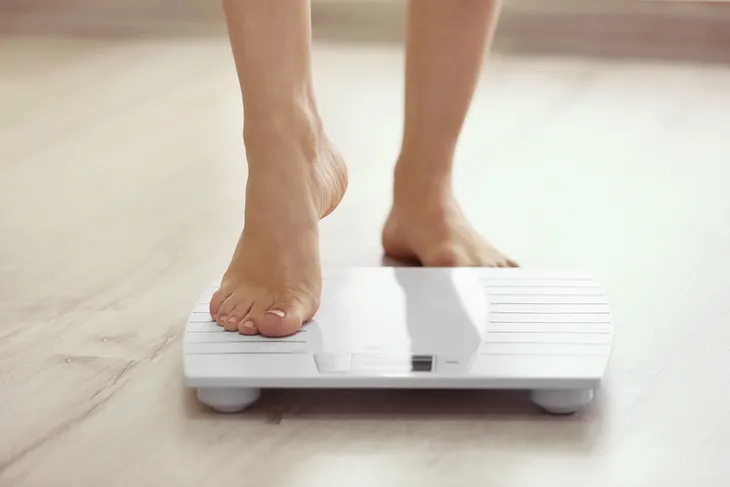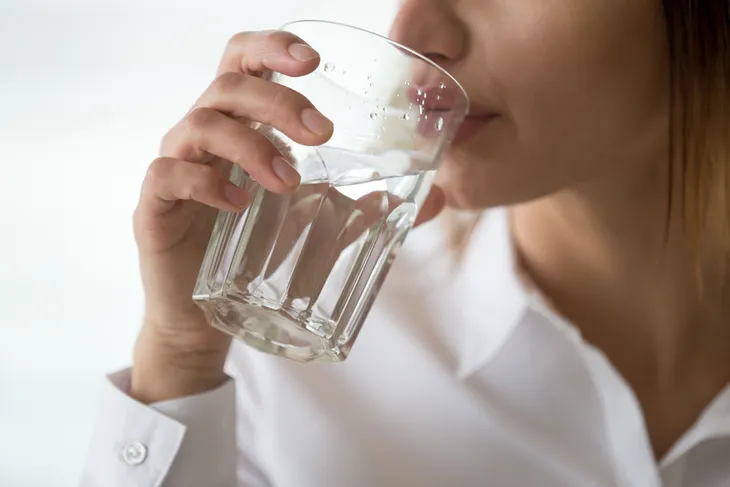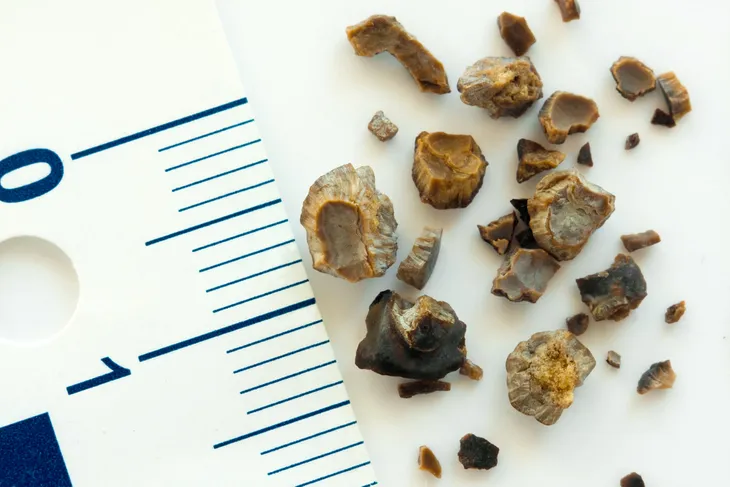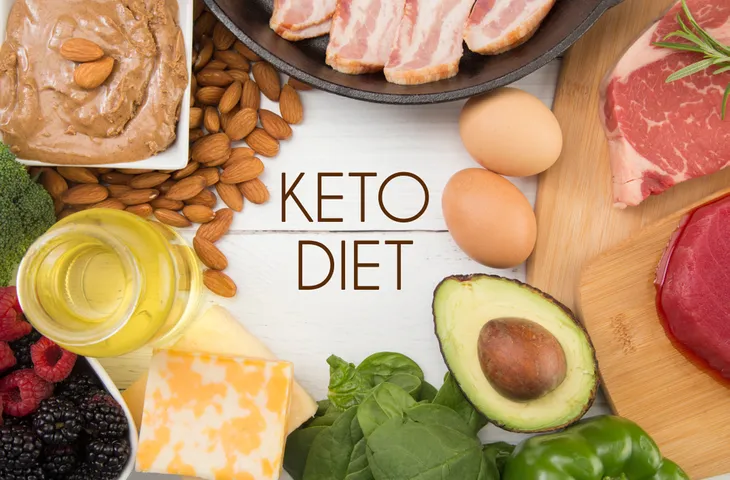A keto diet is a nutrition plan that’s structured around a 70-percent intake of fat, a 20-percent intake of protein, and only a 10-percent intake of carbohydrates. No, you aren’t reading that wrong and yes, the ketogenic diet is dramatically different from the standard American one.
I’ve lived the keto life and navigated the long list of side effects personally. It was an 18-month stretch of my life that served as a crash course in fitness apps, portion sizes, and cheese. I gave it a real try but ultimately moved on to a more traditional definition approach. That said, keto may work for you for the long haul. But before you begin the keto journey, here are some common side effects you’ll want to know!
Keto Flu
Transitioning to a low-carb diet can bring about a lot of benefits, but those come later. Keto Flu usually comes first, and if you don’t prepare for it, it can really throw you off.
Your body is used to pulling energy from the glucose that’s abundant in the carb-rich, standard American diet. Strict adherence to a ketogenic diet means a lot fewer carbs and a lot less glucose. Transitioning from a carb-rich diet to a ketogenic one can be rough for some people. Fatigue, headaches, cramping, nausea, mood swings, and diarrhea are fairly common.
These symptoms usually go away after a few days, and the intensity of their effects can be eased by drinking more water and temporarily increasing your salt intake, but it’s always smarter to plan your transition so that it lands on a long weekend. You could take a few vacation days too, but how many of us have a lot of those to spare?
Keto Breath
Yes, keto breath is real. A lot of dieters have an oversimplified understanding of the way food consumption works. However small, dietary changes can and do impact every single one of your bodily functions in one way or another. It’s more than just calories in and calories out.
Reaching ketosis takes big changes, and your body responds to those changes in some unsuspecting ways. Once there, your body creates ketones to fuel your day. And ketones are often released from your body through exhalation. But what does keto breath smell like? Nail polish remover is the most common descriptor.
Weight Fluctuations
You’d be hard-pressed to find a faster way to trim down without starving yourself. That’s part of what makes the keto diet so attractive. Strict adherence to the 70/20/10-percent rule can help you shed a lot of weight. But strict adherence is also unrealistic for a lot of people.
Sometimes you just get tired of saying, “no thank you,” and eat dessert instead. Before you know it, a week goes by, as does your motivation. Keto can be difficult to maintain, and very punishing when veered from. It’s not uncommon to see dramatic weight fluctuations as a result, which can impact your long-term health substantially.
Dehydration
You may not be as hungry on the regular, but a common sign that you’ve effectively reached ketosis is intense thirst. Dehydration is a commonly occurring side effect of the keto diet and is one of the daily signs that a lot of keto-lifers use to determine that they’re on the right track.
Doing keto the “right way” requires a lot of water. So if you’re going to do it, you’ll want to invest in a water bottle.
Kidney Stones
A study of children using a ketogenic diet for intractable epilepsy discovered an increased risk of the development of kidney stones. 6.7-percent of the children who participated in the study developed them over the course of the study and continued to occur in roughly 1 in 20 children on the ketogenic diet.
It’s worth noting, the science is still in the early stages. However, taking steps to avoid kidney trouble while on keto is an important part of the lifestyle. Thankfully, there are steps you can take to help prevent kidney stones such as staying hydrated, exercising, and cutting back on sugar.
Social Pressure
There are a lot of keto side-effect lists out there, but most of them fail to highlight the most important one of them all. Sure, “social pressure” may not be a physical side effect, but it is without question one of the most difficult ones to deal with.
There are a lot of keto-friendly menu options at your favorite restaurant and snack options at most grocery stores but navigating potlucks and dinner parties are tricky. I got around it by bringing my own keto-friendly snacks, but that’s just not always an option.
More than that, you may find a lot of friends and family members criticizing your food choices and offering you foods you shouldn’t eat on the keto diet. There’s a reason why most veteran keto dieters warn against telling anyone about your new diet at all. The good news is, for those determined to stick with it, the benefits of the keto lifestyle far outweigh the social pressure you may experience.
Should You Try The Keto Diet?
Do you, or don’t you? Because at the end of the day, that’s the question you’re probably trying to answer.
It really is a personal question, and it’s one that nobody can answer for you. Having said that, whether you decide to go through with it or not, by spending your spare time learning about the various healthy-living options that are available to you, I can confidently say that you are already on the right track. Discuss with your medical providers to determine the best and optimal option for you.










